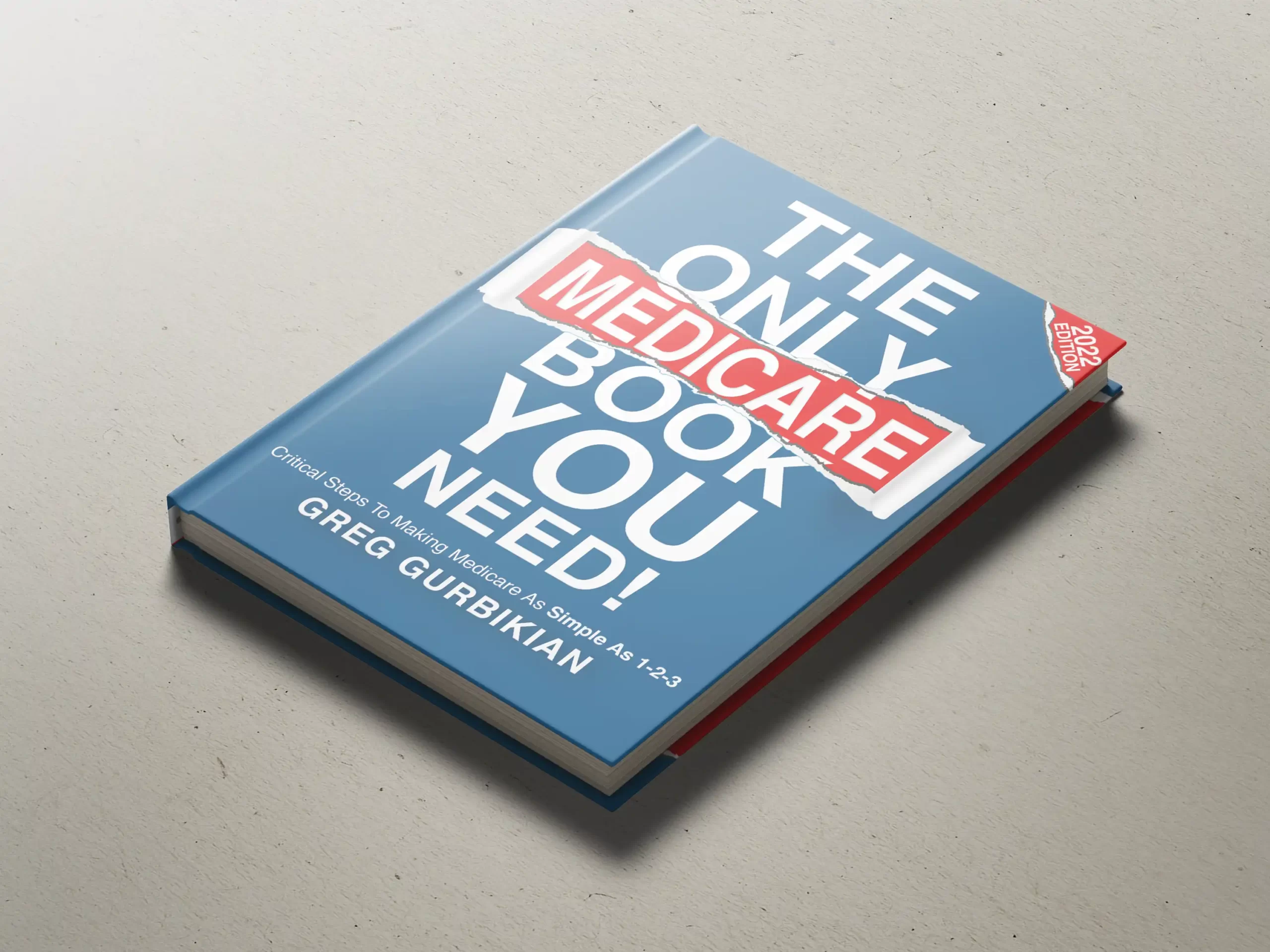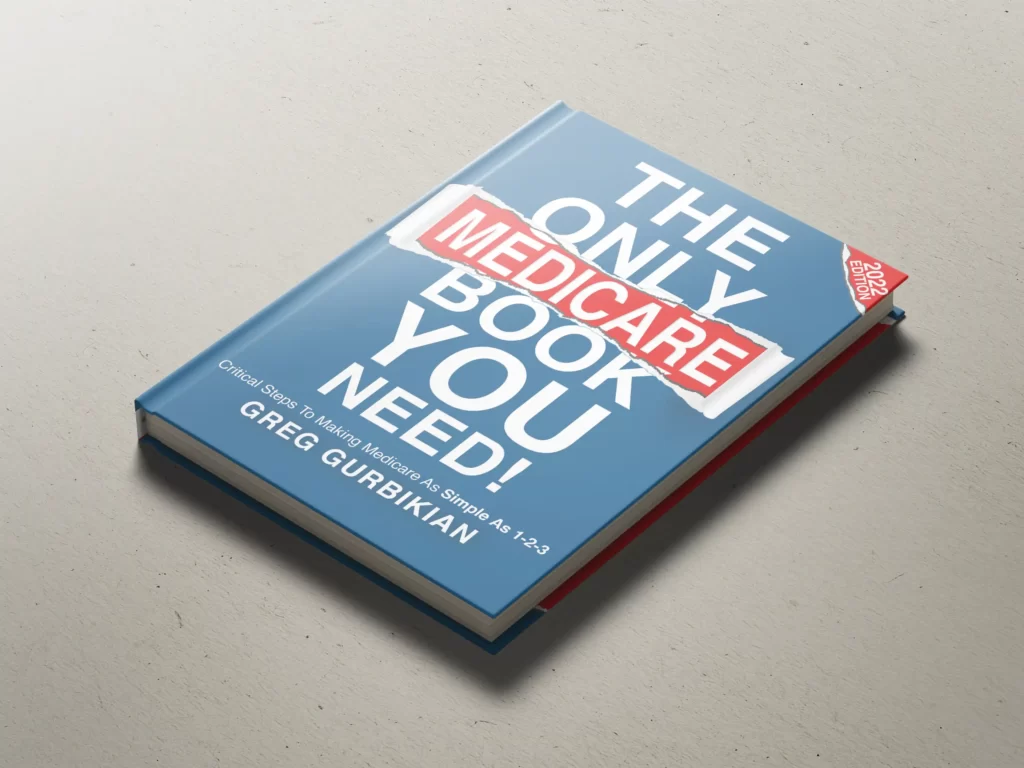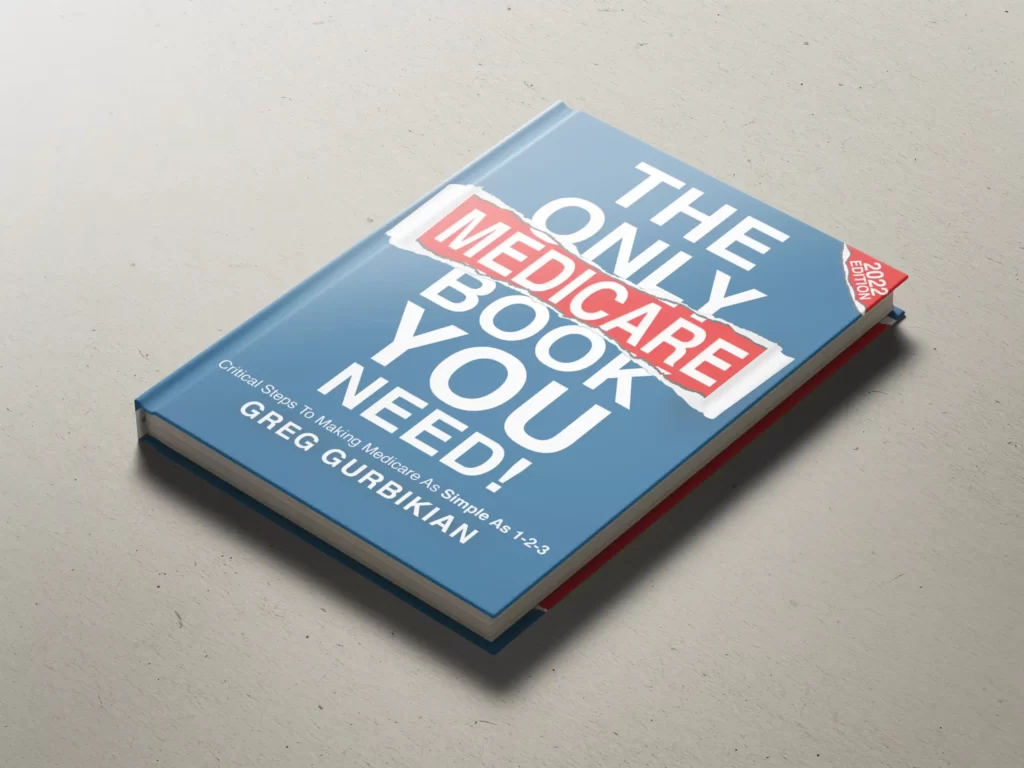Skilled Nursing Facilities And The Medicare Three-Day Rule: What You Need To Know
Medical needs are constantly changing for Medicare-eligible individuals. Sometimes care requires a simple doctor’s visit. Other times an individual may need to be rushed to the hospital with the potential for a prolonged stay. Those who need continued care at a skilled nursing facility after being discharged from the hospital may find it challenging.
This is because of Medicare’s three-day rule. This rule relates to getting care in a skilled nursing facility. Medicare Part A will cover care at a skilled nursing facility only if the individual is first admitted to the hospital for three days. The problem is Medicare Part A is the only part that will cover this additional service. Medicare Part B does not.
So, why is this tricky?
When an individual on Medicare gets to the hospital, they are assigned as either admitted or under observation. This wording makes all the difference when dealing with the three-day rule. Those who are under observation are classified as outpatient, which is covered under Medicare Part B. Medicare Part B will not cover any portion of a skilled nursing facility stay.
This is where the rule gets even trickier. The individual must be assigned as admitted to the hospital for three or more consecutive days, and those three days do not count the day of discharge or any pre-admission time they may spend in an emergency room or under outpatient observation.
This has caused a lot of problems because some folks find themselves in the hospital for three or more days but are assigned as under observation. Such a stay will still not qualify for coverage under Medicare at a skilled nursing facility because the hospital stay is being billed under Medicare Part B and not Part A. The individual must be assigned as admitted and billed under Medicare Part A for at least three days for Medicare to help cover the cost of a skilled nursing facility stay.
Some will argue this is an issue of technicality. An individual is assigned as under observation when it is determined that the condition will only require a hospital stay less than 48 hours. The problem is when someone is in the hospital for longer than those 48 hours but is still classified as under observation.
Even with a hospital stay that is assigned as admitted for longer than three days, the coverage is not that straightforward. There are additional provisions that must be met. The individual must have days left in their Medicare Part A benefit period of 60 consecutive days. They must move into a facility that is certified by Medicare and their doctor must agree they require daily skilled care that would be better for them at a facility and not at home.
This rule has come under fire but is still in place. For those who qualify, the payment structure with Part A coverage breaks down into three sections:
• You pay nothing for days 1-20.
• You pay a daily coinsurance premium of $185.50 (2021) for days 21-100.
• You pay all costs if you are in a skilled nursing facility longer than 100 days.
For those individuals who do not qualify for coverage because they were assigned as under observation in a hospital, they will be responsible for all costs from day one if they sought care at a skilled nursing facility.
Coverage under the three-day rule did change during the pandemic. Medicare issued a waiver for those who could not stay in their homes because of Covid-19. This waiver was an attempt to help health systems maintain a high level of care without being as overwhelmed. It did free up hospital space and also allowed people to access care at a skilled nursing facility who otherwise might not have been able. Beneficiaries still had to be admitted to the hospital for coverage but did not have to stay the three days.
Because of the waiver’s use during the pandemic, the question now is what to do about the three-day rule? Is it necessary to be admitted for three days rather than just being under observation in the hospital?
As the owner of a health care insurance agency with over 10 years of experience, I have provided expert support to thousands of Medicare-eligible individuals. What I have learned is that most retirees are extremely confused about their Medicare options, and rules like this one do not help. I believe that being in the hospital for three days, no matter the type of stay the individual is assigned, should still allow them to be covered by Medicare should they need to go into a skilled nursing facility.
It is still up in the air whether the skilled nursing facility three-day rule will permanently change. While issues like these are confusing for many, it is always best to talk to a knowledgeable insurance agent for clarification if you have questions. They can better explain rules like these within the Medicare system that will allow you to be better prepared for any challenges you may face and ensure you have the right plan for your particular health care needs.






